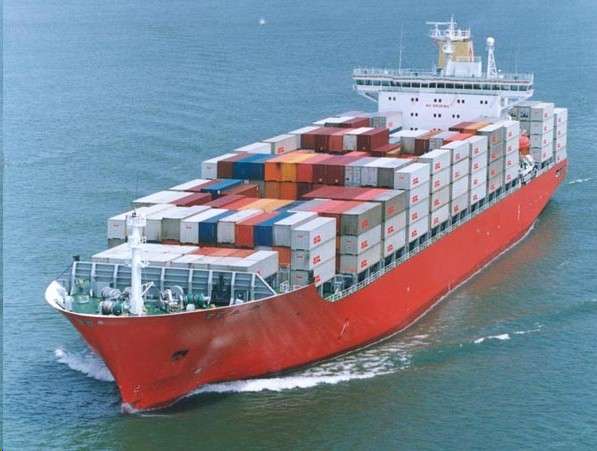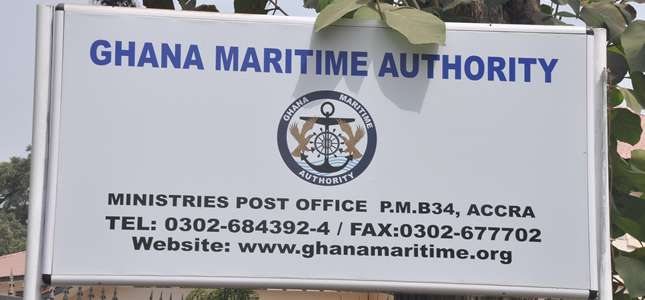Mr Yaw Akosa Antwi, the Deputy Director-General of Finance and Administration at the Ghana Maritime Authority (GMA), has revealed that corruption in the maritime industry will persist due to the nature of the shipping industry.
According to him, the absence of published Standard Operating Procedures (SOP’s) and fee schedules are some of the fertile grounds for corruption adding that, there are also issues of multiple officials enjoying broad discretionary powers.
Mr Akosa noted that, these splinter and impervious nature of the shipping industry makes fighting corruption difficult as it portends a multidimensional challenge that requires an all-inclusive solution.

Speaking at the opening of the Global Best in Vessel Clearance Workshop in Accra today, January 19, he opined that “it is therefore essential for the public and private sector as well as other actors to collaborate and align standards thereby mitigating the corruption risk.”
The workshop, organised by the Maritime Anti-Corruption Network (MACN) and the Convention on Business Integrity (CBI) in partnership with GMA, brought together maritime experts from six African countries to deliberate on new trends in best practices in vessel clearance at seaports.
Mr Antwi stated that “to be blunt, the industry is opaque in its operations thus particularly exposed to corruption risk. You have citizen A acquiring a vessel, registering it in country B, employing crew from countries C, D & E, transporting cargoes belonging to persons in country F and delivering in country G.
“When these vessels and cargoes arrive at ports, clearing and operational processes involve numerous stakeholders across several jurisdictions, resulting in multiple interactions with government officials.”
Mr Akosa
The Deputy Director opined that social extortion by officials, even of small amounts, was powerful because small delays have very high costs. “Corruption in the maritime sector not only generates additional operational costs for the maritime industry thereby endangering the safety and well-being of the crew, but also is a barrier to trade and development,” he emphasized.
The Ghana Maritime Authority is responsible for enforcing international maritime conventions and national rules and regulations, according to the Ghana Shipping Act 2003 (Act 645). The Authority is also responsible for regulating maritime transport, port and vessel activities, marine waste management and environmental protection.
Making Strides In Security Despite Threats
Recently, Mr Thomas Kofi Alonsi, the Director-General of the Ghana Maritime Authority (GMA), noted that the Authority has made tremendous strides in maritime security despite continuous piracy threats from lack of control over the Gulf of Guinea.
Mr Alonsi disclosed that the challenges with the fight against piracy were enormous because the Gulf of Guinea cut across several coastal states, emphasising that a coastal state like Ghana, could not fight the phenomenon by its sole efforts.
The Director General opined that it called for concerted and collaborative efforts to nip it in the bud or reduce it to the barest minimum and that mechanisms had been put in place to ensure safety and security within Ghana’s maritime domain. He noted that as part of its mandate to ensure maritime security within Ghana’s maritime jurisdiction, the Authority had taken some steps to complement existing measures instituted to address illicit maritime activities and maintain maritime security.
In that regard, Mr Alonsi stated that, the Authority had procured a Mercy-Class Patrol Mother Ship and a daughter craft to improve surveillance and patrol activities within Ghana’s maritime jurisdiction particularly within the Economic Exclusive Zone.
Mr Alonsi indicated that the rate of crimes on the country’s territorial waters also necessitated the acquisition of a surveillance system – Vessel Traffic Management Information System (VTMS) for electronic surveillance and monitoring of Ghana’s coastline.
READ ALSO: Media Should Be Diligent With Reportage On Debt Restructuring Program- Christian Council




















